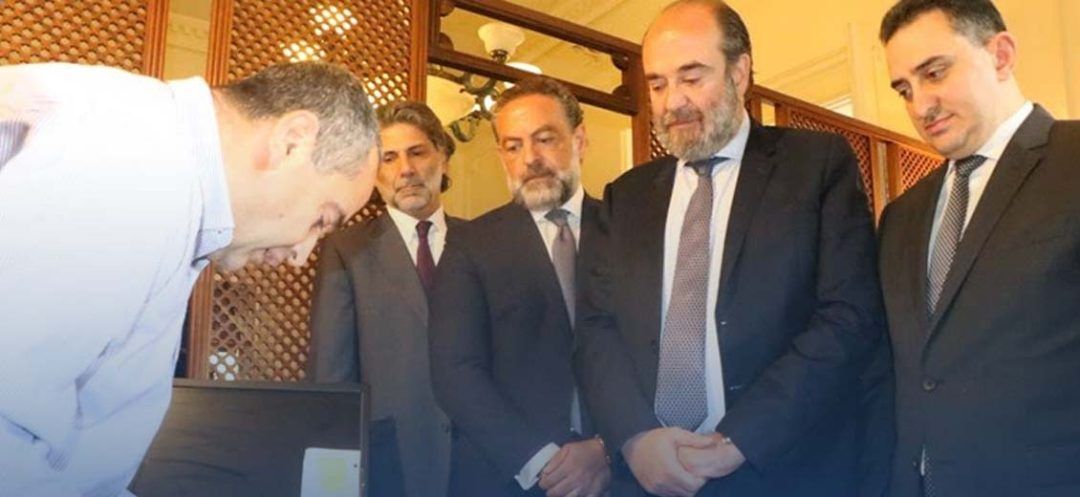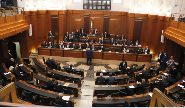
The Strong Republic parliamentary bloc (Lebanese Forces-LF) has appealed to the Constitutional Council, challenging the law passed on April 25 that extends the mandates of municipal councils.
"We will always oppose, through legal channels, the ruling authorities that attempt to undermine institutions and elections," asserted Georges Okaiss, a member of parliament from the Lebanese Forces.
Addressing the excuse of security concerns affecting elections, Okaiss emphasized that while circumstances in southern Lebanon are unfavorable for elections, the government could have organized elections in 'safe' regions while temporarily postponing them in areas facing unrest.
In this context, he called for the suspension of the law at the earliest opportunity, as it contradicts democratic principles, serving political interests and individuals whose popularity is waning.
On April 25, for the third consecutive time since 2022, parliament approved extending the terms of current municipal councils and mukhtars until May 31, 2025.
This decision was strongly opposed by the Lebanese Forces (LF), the Kataeb party, several independent MPs, and anti-Hezbollah blocs, all of whom boycotted the legislative session.
A day before the session, the LF held a press conference, warning of the potential dangers of this decision and reaffirming their readiness to challenge the extension through the courts. A similar appeal filed in 2023 had been rejected by the Constitutional Council.
Notably, the last municipal elections, which are typically held every six years, took place in 2016. Since then, the parliament has postponed them three times: first to 2022, then to 2023, and finally, with this latest extension, citing security instability caused by the escalating tensions in southern Lebanon following the Israel-Hamas war that started on October 7.
"We will always oppose, through legal channels, the ruling authorities that attempt to undermine institutions and elections," asserted Georges Okaiss, a member of parliament from the Lebanese Forces.
Addressing the excuse of security concerns affecting elections, Okaiss emphasized that while circumstances in southern Lebanon are unfavorable for elections, the government could have organized elections in 'safe' regions while temporarily postponing them in areas facing unrest.
In this context, he called for the suspension of the law at the earliest opportunity, as it contradicts democratic principles, serving political interests and individuals whose popularity is waning.
On April 25, for the third consecutive time since 2022, parliament approved extending the terms of current municipal councils and mukhtars until May 31, 2025.
This decision was strongly opposed by the Lebanese Forces (LF), the Kataeb party, several independent MPs, and anti-Hezbollah blocs, all of whom boycotted the legislative session.
A day before the session, the LF held a press conference, warning of the potential dangers of this decision and reaffirming their readiness to challenge the extension through the courts. A similar appeal filed in 2023 had been rejected by the Constitutional Council.
Notably, the last municipal elections, which are typically held every six years, took place in 2016. Since then, the parliament has postponed them three times: first to 2022, then to 2023, and finally, with this latest extension, citing security instability caused by the escalating tensions in southern Lebanon following the Israel-Hamas war that started on October 7.
Read more


Comments